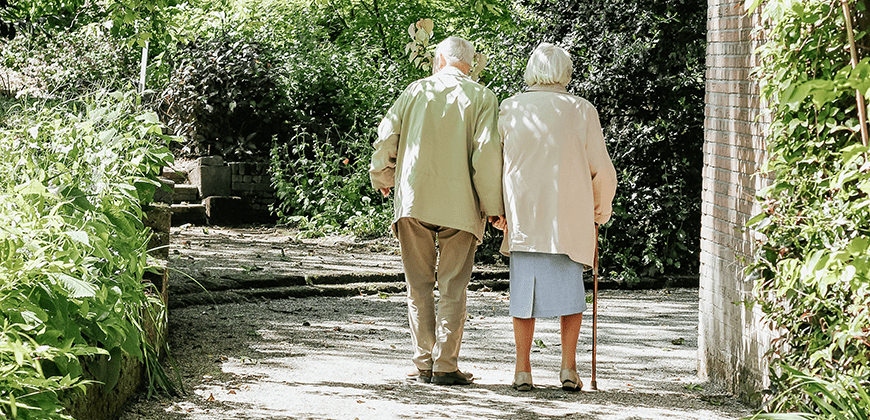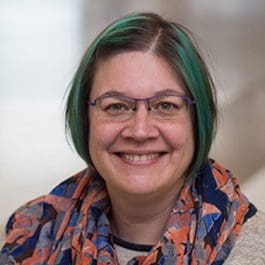
Former MHLP Director Receives Prestigious Appointment

In April 2020, Jennifer Baumbusch, former Director of UBC’s Master of Health Leadership and Policy (MHLP) program, was named Canadian Institutes of Health Research (CIHR) Sex & Gender Science Chair in the Dynamics of Caregiving in an Aging Society. She spoke with us about the research and capacity-building activities she’ll explore over the four-year term of this prestigious appointment – and also shared some accolades for other members of the MHLP instructor leadership team.
Congratulations! Tell us about this appointment.
Thank you. The CIHR put out a call for applications for 15 Sex and Gender Science Chairs, with one of the chairs focusing on aging. My research explores the complexities of caregiving in an aging society, and I was thrilled to be awarded this position to explore the influence of gender aspects around this issue.
Much of my work over the past decade has been motivated by the belief that we need to think more creatively about how to support older people to live at home in their communities. What are the creative innovations that could make this easier for more people?
I am particularly interested in the challenge for people living with dementia, as the community supports for this population are not as strong or as broad as they could be.
Gender plays a big role here: two-thirds of people living with dementia are women. It’s a very gendered issue and most caregivers are also women. So we have a disproportionately large group of women caring for women. How can we support them better to improve quality of care and quality of life?
What will your research be exploring?
My research is titled Negotiating Care and Navigating Health Services: The Experiences of Community-Dwelling People Living with Dementia and their Family Caregivers. I’ll be conducting both qualitative and quantitative research. On the qualitative side, we’ll be recruiting pairs of caregivers and people living with dementia and interviewing them over time to learn about the types of support and resources they are accessing, what is most helpful, and the best ways to support them both.
The quantitative piece will be retrospective and will draw on data that’s regularly collected by the Ministry of Health and available through Population Data BC. We’ll create data sets of people living with dementia in the community to explore their health-care usage and outcomes.
This will help us identify patterns of support in those cases where we see people living at home until they die, and also help us identify the triggering events that lead someone with dementia to hospital or a long-term care home.
I’m excited about the opportunities for this gender-based research to shed light on the complex situations faced by caregivers and people living with dementia.
CIHR chairs also include capacity-building activities. What’s planned?
I’ll be working with early-career investigators across Canada, mentoring them as they develop research programs. Building a national network is a goal as we want to build Canada’s research capacity in this area. There may also be opportunities to collaborate on research or write papers on some of these cross-cutting issues.
This also feeds back into my role as an educator and what we are teaching broadly in the MHLP and more specifically in the courses I teach in the Seniors Care program.
And how about the MHLP team? I understand there have been quite a few recent announcements.
The MHLP team is truly extraordinary. My colleague Cheryl Segaric recently received the 2019-2020 UBC Killam Teaching Prize, nominated by her students and colleagues for her outstanding achievements as an educator. And my colleague Alison Phinney is heading up a project that received funding in January 2020 through the Government of Canada’s Dementia Community Investment, titled Building Capacity for Meaningful Participation by People Living with Dementia. This speaks to the commitment to research and teaching found here at UBC School of Nursing, which in turn creates a fantastic learning environment for our MHLP students in Seniors Care and Clinical Education.
Clinical Education
Develop the educational strategies and leadership skills to create caring, collaborative clinical environments.
Read MoreApplication Deadlines
Get ready to apply!
Admissions for the 2026 intake will open on January 1, 2025.
How to ApplyFeatured Faculty and Staff


